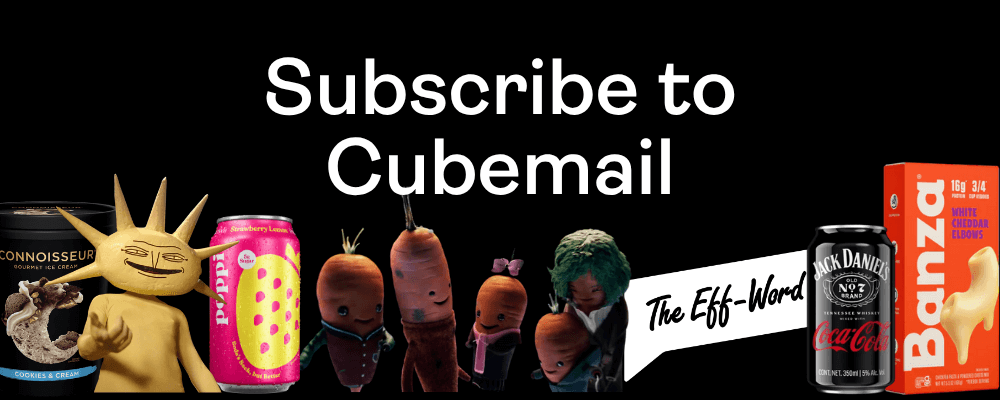
Unfortunately, Internet Explorer is an outdated browser and we do not currently support it.
To have the best browsing experience, please use Google Chrome, Firefox, Microsoft Edge or Safari.
We use cookies to improve your experience on our website. By continuing to browse this website, you agree to our use of cookies. For more information, please refer to our privacy policy.

This is a self-funded case study using our Innovation Testing solution.
We’re constantly reminded of the virtues of staying hydrated, but when water gets tiresome it leaves us looking for more exciting substitutes. Recent years have seen an explosion in the ‘better-for-you’ segment, from kombucha, to sparkling waters, to tonics, and sugar frees – the options are ever-expanding, and brands are forever innovating.
This trend has been closely observed by the folks at Twinings, with the brand recently departing from their hot-tea heartland and entering the cold-water space with the launch of In’fuse. Using a similar teabag format to what consumers are already familiar with for the brand’s hot-tea equivalent, Twinings In’fuse offers a convenient-but-healthy way to make cold water more exciting.
We used our three C’s framework to assess the potential of Twinings’ cold brew.
Category cues were the primary driving force behind In’fuse being perceived as a ‘pleasant’ and ‘relaxing’ proposition. While the brand’s expansion into flavored water wasn’t considered groundbreaking, the product still tapped into a number of relevant consumer needs and subsequently aroused curiosity – with people considering it an interesting and different twist.

While a move into cold water infused bags might not seem like a big leap for the tea giant, a core element of the brand’s (current) positioning centers around the comfort and warmth of hot tea. Twinings therefore faces the challenge of introducing something new and innovative (and more inherently youthful) while not detracting from the core pillars underpinning the brand’s equity.
Unsurprisingly, the cooler, more modern, and cylindrical presentation of the product represented a step-change from the brand’s uniquely British, sophisticated stylings and sensibilities. However, retaining the product format and usage behavior – i.e., coming in a tea bag which is mixed with water – meant In’fuse still largely synergized with people’s expectations of Twinings.

Making a clean break from Twinings’ traditional and ‘warm’ perceptions was essential in order to ensure the In’fuse sub-brand stood on its own and clearly announced itself as being something new and different. This was achieved by emphasizing cues related to cold refreshment, including adopting a lighter, fresher feel to the pack colors and stylings. Along with an appealing range of flavors initially being on offer, Twinings’ backing gave the product credibility and offered people a compelling reason to give it a go.

Flavored water isn’t a transformational idea, but profitable product innovation doesn’t need to be. Being the leader of the hot-tea category means Twinings is uniquely placed to capitalize on the growing consumer trend toward healthier beverage alternatives. Retaining the product format and carefully adapting the brand’s distinctive properties helped ensure a level of familiarity, while the colors and styling cues, along with its unique presentation, gave the product enough breathing room to ensure consumers were clear on the need it fulfilled – without diluting core brand associations.

Want to test your own advertising, packaging, or product ideas? Cubery combines a team of creative effectiveness experts with cutting-edge technology, bridging the gap between creativity and commercial impact. Get in touch to learn how we can unlock growth for your brand.
